Arts Education Becoming a Target in Michigan
Last September, ArtServe and Michigan Youth Arts released the 2012 Michigan Arts Education Census, providing a never-before-available picture of arts education in Michigan. Among the key findings were that 12% of Michigan high schools do not satisfy the state graduation requirement of a single credit in the arts, and a projected 108,000 K-12 students in Michigan lack any access to arts education. Just four months after the release of this report, members of the legislature have introduced two pieces of legislation that would have a negative impact on arts education in Michigan’s schools. House Bill 4072 and Senate Bill 133 were introduced in an attempt to subvert the Michigan Merit Curriculum’s one credit requirement for the Visual, Performing and Applied Arts. Under the requirement signed into law with bi-partisan support (136 yeas’ – 11 nays’ and 1 excused) in 2006, Michigan’s high school students are required to take one credit in the arts to qualify for graduation. While separate pieces of legislation, each bill would do the following: House Bill 4072 (Representative Aric Nesbitt) – would change the definition of applied arts to mean Career and Technical Education, instead of the Michigan Department of Education’s definition – Applied Arts is an inclusive term that refers to the application of design and aesthetics to the artistic/creative process which results in products of function and everyday use, such as ones that could be created, for example, through Industrial Technology, design, visual communications, new music and new media technology programs. (iv) At least 1 credit in visual arts, performing arts, or applied arts, as defined by the department, that is aligned with guidelines developed by the department and approved by the state board under section 1278b. AS USED IN THIS SUBPARAGRAPH, “APPLIED ARTS” MEANS CAREER AND TECHNICAL EDUCATION. Senate Bill 133 (Senator Bruce Caswell) – would allow students to complete an extra credit in Science or one in Career and Technical Education instead of the one credit requirement in the visual, performing or applied arts.(A) A PUPIL IS NOT REQUIRED TO SUCCESSFULLY COMPLETE THE REQUIREMENT OF 1 CREDIT IN VISUAL ARTS, PERFORMING ARTS, OR APPLIED ARTS UNDER SUBSECTION (1)(A)(iv) IF THE PUPIL HAS SUCCESSFULLY COMPLETED AT LEAST 1 ADDITIONAL SCIENCE CREDIT, FOR A TOTAL OF AT LEAST 4 SCIENCE CREDITS, OF THE TYPE DESCRIBED IN SECTION 1278(1)(B), OR HAS SUCCESSFULLY COMPLETED AT LEAST 1 CAREER AND TECHNICAL EDUCATION CREDIT THAT MEETS THE DEPARTMENT’S STANDARDS FOR CAREER AND TECHNICAL EDUCATION.This legislation was introduced the same week that ArtServe’s Creative State Michigan report showed the creative economy as a significant growth sector and strategic opportunity for Michigan’s economy. We reported that, from 2006 to 2011, the number of arts-related jobs increased by 15 percent to 85,656 jobs in Michigan, while arts-related businesses increased by 65 percent to 28,072. From 2010-2011 alone, jobs increased by 11 percent, while businesses increased by 16 percent. With such significant growth, the state should promote an education and career path in the arts and creative industries – not provide ways for schools and students to back out of the requirement.While ArtServe does not oppose increased educational opportunities for Science and Career and Technical Education for Michigan’s high school students, it should not be done at the expense of a holistic education inclusive of the arts. Considering the growing number of businesses and jobs available in the creative industries, Michigan should be ensuring that opportunities for arts education are available to provide the talent necessary to fill these jobs.While this legislation has just been introduced and sent to the Education Committee’s in each chamber, know that ArtServe will continue to monitor each bill’s progress and keep you informed of any action needed. As always, if you have any questions or comments please feel free to reply to this email or call Mike Latvis directly at 248-379-5897.
